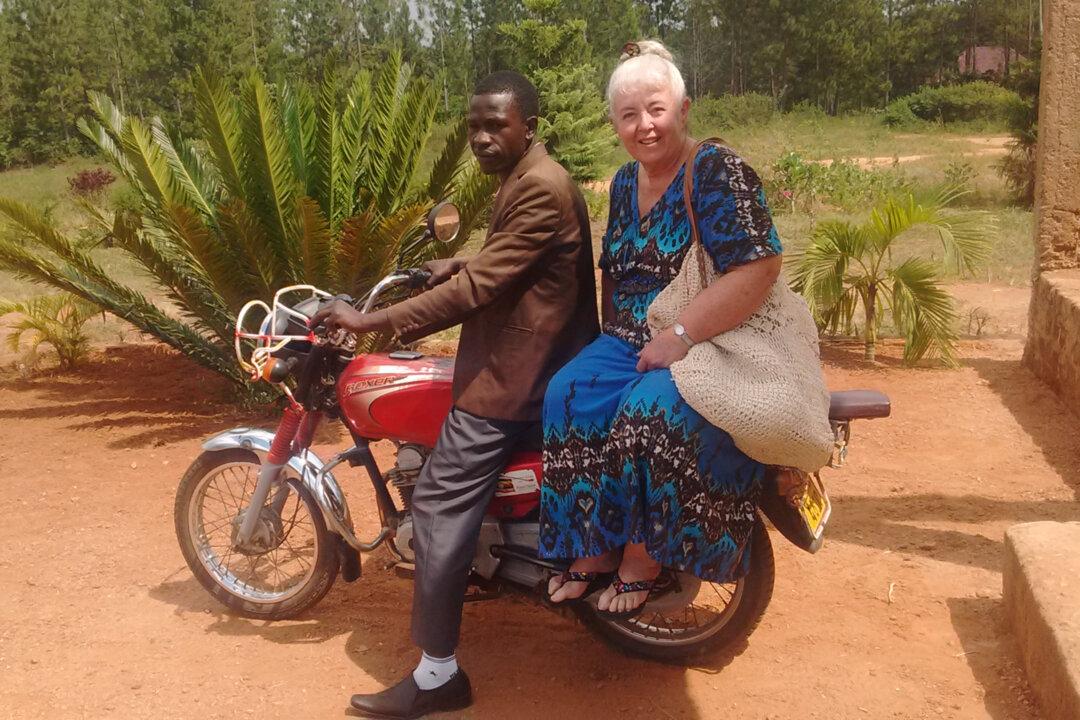One of the first major undertakings of new global workers seeking to go to foreign fields is the raising of adequate financial support. Occasionally, workers can support themselves abroad with their own businesses, but most of the time it’s not possible. The demands of the very work or ministry they’re called to don’t leave time for secular jobs, and in many cases the host country is in such a different financial strata that people could not survive on the income they would be paid there. In Uganda for instance, where I live, as a registered nurse I would only be paid the equivalent of about $100 per month, but the government has their own nurses and would not allow me to work anyway.
So, armed with our budgets and our newly raised financial support, we take off for foreign fields, and pray that it all comes together as we’ve hoped and planned. Because I live in a rural area in Africa, my budget is much smaller than most. My primary expense is fuel for travel, which is quite expensive.

